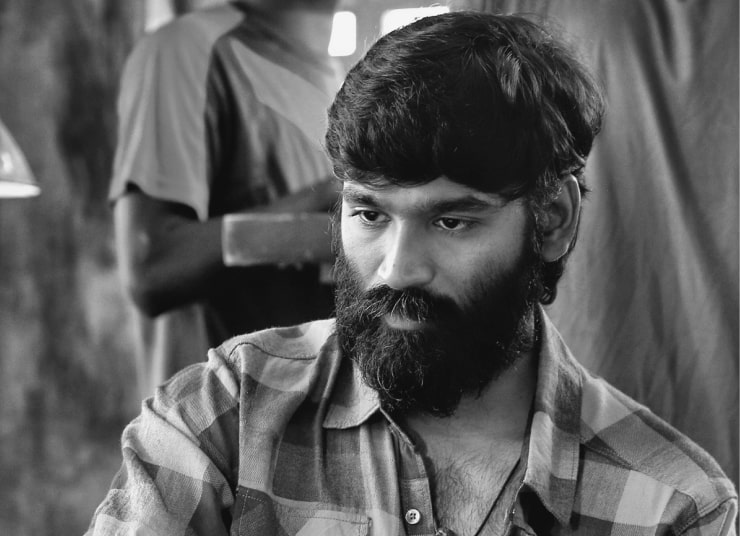Screenplay Analysis
Screenplay Analysis of "Vada Chennai": A Tale of Crime and Power
Sep 30, 2023
By
Avinash Prabhakaran
"Vada Chennai" is a Tamil-language crime drama film directed by Vetrimaaran and released in 2018. The film is renowned for its gritty and realistic portrayal of the criminal underbelly of North Chennai, India. The script of "Vada Chennai" is a masterclass in storytelling, character development, and social commentary.
In this blog post, we will delve deep into the script's key elements, including its characters, narrative structure, themes, and its commentary on power, politics, and the human condition.
Character Complexity
One of the script's standout features is its complex characters. The protagonist, Anbu, played by Dhanush, is a prime example. He starts as an aspiring carrom player with dreams of leading a peaceful life but gets inexorably drawn into the world of crime due to circumstances beyond his control. Anbu's character arc is intricately woven into the narrative, showcasing his transformation from a naive young man to a hardened criminal leader. The script allows us to empathize with Anbu's choices, even as we recognize their moral ambiguity.
Other characters like Senthil, Rajan, and Chandra are equally well-developed. Each character has distinct motivations, flaws, and moral compasses. This character complexity adds depth and authenticity to the story, making the audience emotionally invested in their fates.
Nonlinear Narrative
The script of "Vada Chennai" employs a non-linear narrative structure, which enhances the storytelling. The film unfolds in multiple chapters, each focusing on different characters and their perspectives on the central narrative. This narrative technique keeps the audience engaged and provides a comprehensive view of the intricate web of relationships, betrayals, and power struggles that define the world of "Vada Chennai."
Themes of Power and Politics
"Vada Chennai" is not just a crime drama but also a social commentary on the influence of power and politics on the lives of ordinary people. The script explores how the criminal and political worlds intersect, often to the detriment of the marginalized. The character of Muthu, a ruthless politician, epitomizes the abuse of power, and his presence looms large throughout the story. The script highlights the corruption, manipulation, and brutality that can accompany the pursuit and consolidation of power.
Redemption and Morality
Amidst the chaos and violence, the script also explores themes of redemption and morality. Anbu's journey, in particular, is a quest for redemption. His struggle to break free from the cycle of crime and violence is a central theme that resonates with viewers. The script poses important questions about whether individuals can truly escape their past and find redemption in a world where choices are often limited by circumstances.
Realism and Social Commentary
"Vada Chennai" is celebrated for its gritty realism and its unflinching portrayal of the harsh realities of life in North Chennai. The script does not romanticize crime but instead presents it as a consequence of societal neglect and political exploitation. The film's depiction of the lives of fishermen, the impact of industrialization, and the role of religion in politics provides a thought-provoking social commentary.
Conclusion
"Vada Chennai" stands as a testament to the power of storytelling through its script. Its complex characters, non-linear narrative, exploration of power and politics, and themes of redemption and morality elevate it beyond a typical crime drama. The film's script offers a mirror to society, reflecting the struggles and aspirations of its characters while shedding light on the darker aspects of human nature. It remains a landmark in Tamil cinema and serves as a reminder of the enduring impact of a well-crafted screenplay.


